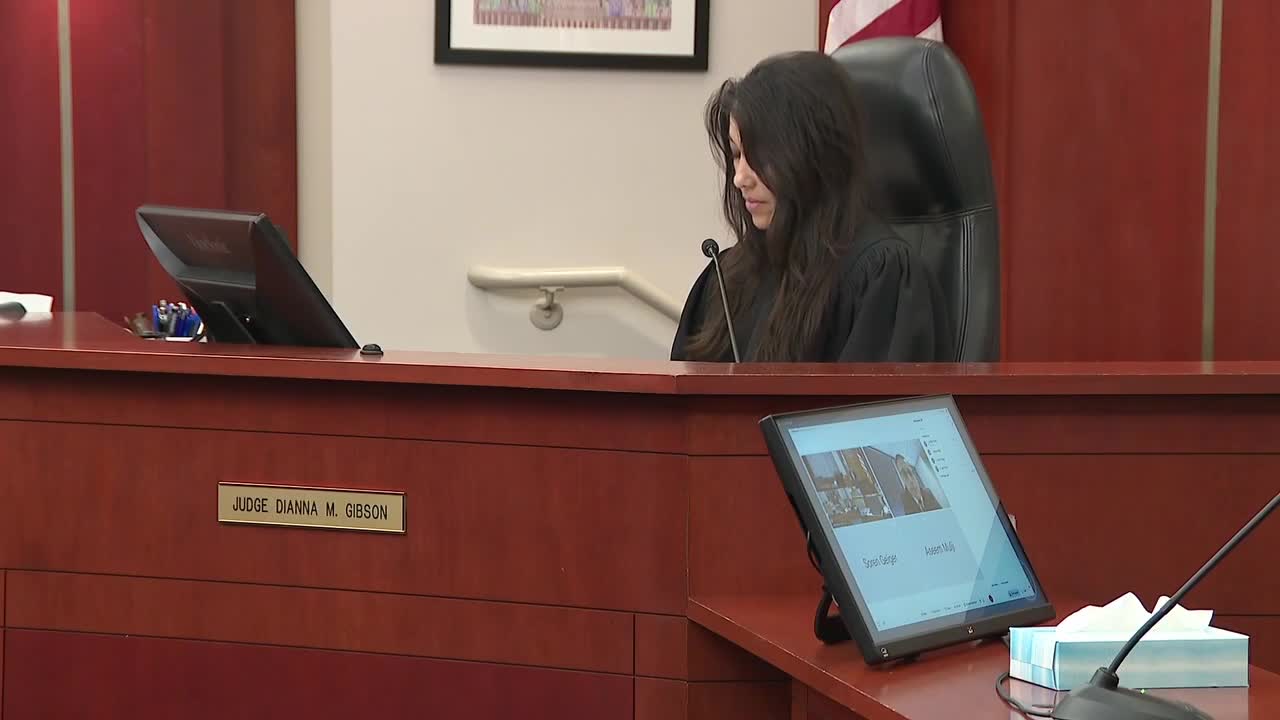SALT LAKE CITY — Voter-rights groups suing the Utah State Legislature over Proposition 4 have asked a judge to block a new law passed in special session on redistricting.
Senate Bill 1011 imposes three tests to determine whether a map is fair and meets the criteria of the law. But attorneys for the League of Women Voters of Utah and Mormon Women for Ethical Government argued it is another way of getting around Prop. 4, which voters approved in 2018.
"The legislature has done, in effect, the same thing again," said Aseem Mulji, one of the plaintiffs' attorneys.
Third District Court Judge Dianna Gibson upheld Prop. 4, the citizen ballot initiative on independent redistricting, throwing out the state's current congressional maps and ordering new ones to be drawn. The Republican supermajority legislature complied with her ruling — under protest — and submitted a new map. At the same time, they passed a bill in last month's special session of the legislature that mandated certain tests to meet Prop. 4's criteria of whether a map is partisan or not.
Utah Supreme Court nominee grilled on abortion, redistricting, legislature power:
That prompted the plaintiffs to go back to the judge seeking an injunction on Tuesday.
It's the type of tests that lawmakers chose that is problematic, instead of considering a broader spectrum of methods to determine whether a map is fair. They argued the tests on partisan bias and median/means simply do not work in a politically lopsided state like Utah and still favor Republicans.
"They essentially put the statute at war with itself and they mandate the very partisan favoritism that Prop. 4 prohibits," Mulji told the judge during a hearing on Tuesday.
But attorneys for the Utah State Legislature argued that the legislature is simply complying with what the judge wanted when she upheld Prop. 4, noting some aspects of the citizen ballot initiative were vague. He also pointed out that some of the tests included in SB1011 were suggested by Democrats who served on the redistricting committee.
"The legislature has every reason to think it has done what it was supposed to do," Tyler Green, one of the legislature's attorneys, argued to the judge.
But Judge Gibson questioned Green about why they can't just rely on a broader series of tests.
"By limiting and restricting it and only choosing a couple that provides only specific information, is that really complying with the statutory requirement that we consider the best available data and scientifically statistical methods?" she asked.
"I think it does, your honor," Green replied.
Judge Gibson did not give a deadline for her ruling, but she is to choose a map for Utah's new congressional districts by November 10. That is the deadline Lt. Governor Deidre Henderson has set to have new districts in place for 2026 ballots.
Meanwhile, members of the Utah Republican Party are moving ahead with plans for a citizen ballot initiative to repeal Prop. 4. On Monday, they held a series of legally-mandated hearings across the state. At a public meeting in Huntsville that FOX 13 News attended, public comment on their proposed initiative was overwhelmingly against it.
The Utah GOP initially proposed an "indirect initiative" that would have gone directly to the legislature. But after being threatened with a legal challenge by the League of Women Voters and Mormon Women for Ethical Government, they pivoted to a direct initiative.
If they collect the more than 140,000 signatures required to advance on the ballot? The Utah GOP's repeal Prop. 4 initiative would go before voters in 2026.




